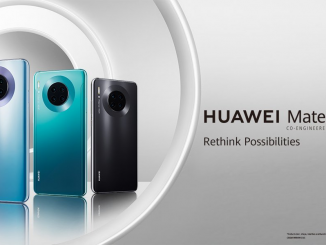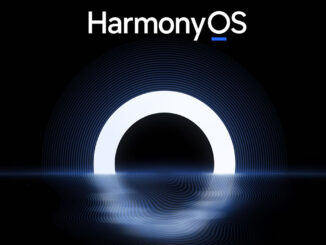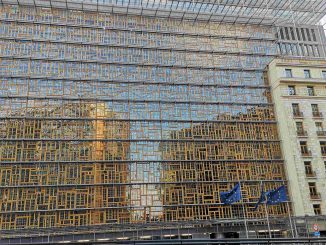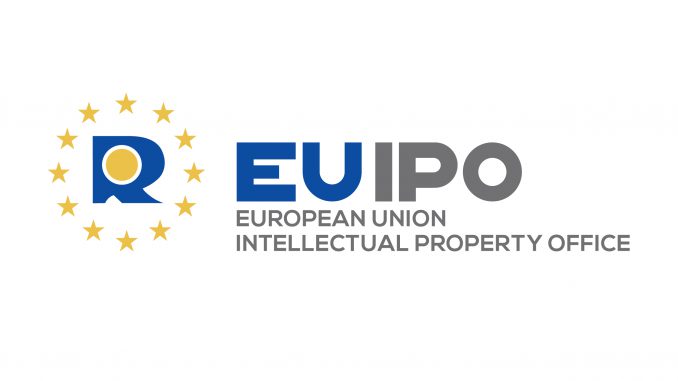
For a long time, new online media has limited themselves to copy-pasting articles from other sources, occasionally giving credits to the original source.
Artículo disponible en Español | Article disponible en Français
For a long time, new online media outlets have just recycled content from different outlets, sometimes making enough changes as to pass it as original content, or other times limiting themselves to just rewriting, in a different way, the original article, while [sometimes] linking to this one. This linking is done in various ways, either by just leaving the source at the end of the article, mentioning the information comes from their friends “over at […]”, or other, similar ways of providing credit.
This new type of “journalism”, which requires zero effort to try and find the proper information and can just be associated with lazy copy-paste, has created a wave of “interesting” new content, with “journalists” publishing various articles a day, and a few easily posting dozens each day. By having so little time, it is common to find typos, and sometimes entire articles based off pretty much nothing, trying to squeeze as much revenue out of the smallest things.
For instance, recently, a Chinese newspaper made a typo, mentioning Huawei’s new OS would be called HongMeng OS in China and “OAK OS” outside of China, while it was revealed a few days earlier, thanks to information freely available on EUIPO’s website, that Huawei had submitted for registration the name “ARK OS” in Europe.
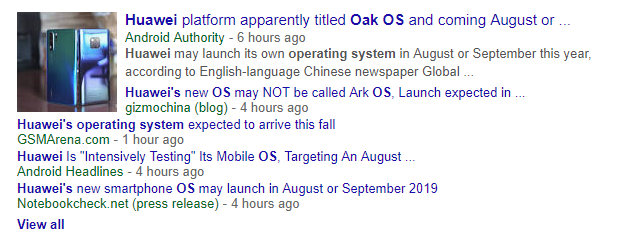
Since we are talking about this news, let’s quickly remind readers that we, here at DRSC Media, posted this information on the 24th, the same day Huawei’s submissions appeared on EUIPO’s website. Other media took until the 27th to find out about this, with “AndroidHealines” being incorrectly quoted as the first ones to find this information. As French people would say, “Il faut rendre à César ce qui est à César” [Render to Caesar the things that are Caesar’s]. Are we salty about this? Of course we are, with DRSC Media having struggled for a very long time to gain any kind of presence on the internet. After all, it is not the first time we publish information for the first time online, yet end up overshadowed by a much larger website. Regardless, this is an entirely different matter, unrelated to the subject at hand.
As mentioned, the trademark filings for “ARK OS” can be found on EUIPO’s website, leaving no doubt about the naming choice from Huawei. As usual, websites reporting this information will use specific wording to stay out of any trouble or future accountability, with most mentioning “apparently”, “may not”, “reportedly” and such. Why bother writing an article at all on the subject, confusing even more readers, especially if there’s actually no proper source or information to report at all?
This also touches on a different subject, with many websites not following any kind of logic/continuity in their news. One day they will be “reporting” about “matter A”, and the following day they will contradict themselves on this “matter A” by pointing to a “matter B”. So what, were you entirely wrong on “matter A”, do we now have to ignore the information you provided? Should we even waste our time on your website if each article is independent from each other and contradicts previous information released by the exact same people?
In any case, these are entirely different issues that even we at DRSC Media have, although the company has been working hard to make sure we produce as few of these low-quality articles as possible.
To end this, while “OAK OS” might sound more “international”, it would remain an extremely weird and curious naming choice, even more curious than “HongMeng” and “ARK”, especially when applied to an operating system.
More on this subject:
- Huawei continues registration spree in Europe, submits “Histen” (4/06/2019)
- Huawei submits trademark applications in the European Union for HongMeng OS & ARK Compiler, confirming Android’s replacement (24/05/2019)
- The US’s continuous power abuses must be stopped (20/05/2019)
- HiSilicon’s collaboration with SHARP and Huawei’s increasing self-sufficiency (16/05/2019)
